Orange Bikes - the story of Britain’s most iconic bike brand

The news of Orange Bikes going into administration has taken most of us by surprise. It appears as though no brand is safe as the global bike industry continues its downward spiral thanks, in part, to the UK's unique economic and political factors, plus the global COVID-19 fallout, which led to the makings of a perfect economic storm.
- Industry Insider: MTB career insights with Julia Hobson
- Mountain bike Icons - the greatest riders of all time
- MTB enduro racing for beginners - how to prepare for your first race
[Words and photography by Steve Thomas]
Sadly, we’ve seen several British bike brands sink beneath those cruel stormy waters in recent weeks, and even the once-mighty Raleigh Bikes just announced a series of job cuts and restructuring to get through the current situation. As for Orange, I’m sure there are plenty of keyboard pundits around ready to come up with their theories as to why and how things came to this but the fact is that only those closest to the company know what is happening. Though it’s not hard to imagine why times are so tough, it’s not just Orange who is feeling the crush.
Like Clockwork
If you’ve been around British mountain biking for a good length of time then you most probably know why Orange Bikes is truly an iconic and British brand and that’s not a flippant go-lightly throw of the I word. Orange was early boomtime mountain biking originals and cut from a different sheet of metal than the gigantic bike brands out there, those who existed both before and since mountain biking came to be.
Orange has also pretty much stayed true to its Halifax roots and kept its boots firmly on the ground since day one in 1988. The company was founded on passion and opportunism by two northern mates named Lester Noble and Steve Wade, both full-on passionate mountain bikers. The duo had met through their shared love of sailing.
Steve was Yorkshire-born and bred and worked with the family metalwork and engineering business, which was ultimately to also become the Orange manufacturing base. Lester was an accomplished sailor and windsurfer who was flying along through his involvement in the Tushingham Sails business.
Lester discovered mountain biking by chance, at a time when there were very few off-road bikes available in the UK, as he told us a while back.
“Back in 1984, I was driving through Pateley Bridge in Yorkshire and saw some cars with bikes on the tops. They had knobly tyres – I thought that seemed like fun.”
The pair soon got hold of a couple of Muddy Fox bikes and started riding together, and, naturally, they were hooked on this new landlovers’ sport. Lester’s competitive nature led him into serious racing, including riding at the World Championships in 1987 (29th), while Steve also raced cross-country mountain biking at a good level in the UK.
Both Steve and Lester soon realised that there was massive room for improvement in those early mountain bikes and that’s where Lester saw there was also opportunity.
“At first, I had some bikes made up locally and started selling them under the Tushingham brand. After a while I thought “Bikes are ok” – and so decided to leave Tushingham and go it alone.”
Thus, the Orange partnership came to fruition.
“I called Steve, we went out for a ride and decided to go into business. He had just taken over his dad’s sheet metal business in Halifax and so we had the basic engineering back up there, and that was it.”
By 1987 Steve and Lester had already got their first bike ready to go in the following year – and yet they still had no name, until Lester noticed some strange logic, and thus Orange the brand was born, and the model names flowed like free beer at a rave. Lester shared how the duo came up with the name:
“I like abbreviations, and we’d already been talking about the bikes being the “off-road range” so that was it; the O-range.”
They later dropped the dash and Orange was born.
The late 1980s and early 90s were an open book when it came to mountain biking and bikes. There was no template laid out for the frame builders’ bench, and new MTB-centric brands soon began to steal the show when it came to bike innovation, Orange were very much the approachable darlings of the UK mountain bike manufacturing scene during that era. Plus, there was the fact that they were rider-owned, rider-developed and UK-made. The fact that both Lester and Steve were always there and involved counted for a lot in such a close-knit and developing community of fat-tyre biking rebels.
From the outset, the unlikely duo bounced seamlessly off each other in terms of marketing and design flare, and Orange supported the sport and riders across the UK from the ground up, whereas many major brands started from the top in terms of sponsorship, which is still largely the case.
Their approach embedded Orange on the UK MTB scene.
“We used to go and ride most of the regional and national races, and people saw our bikes and started to ask for them. We ended up with quite a presence, from the outside it looked like a big team, but in reality, it was just a big bunch of mates riding bikes together in the same kit,” remembers Lester.
Going large and going riding
From the original Clockwork to models like the P7, the O2 and The Patriot & Crush, Orange made a steady ride through the field, and the sponsorship initiative also stepped up a level or three with the backing of teams such as the Animal Orange team and future World champions Greg Minnaar and Steve Peat among others.
In 2015 Steve and Lester decided their time of building bikes was up. Things had changed, the innovation and dynamic insolence of the early days of mountain biking had become more mundane and slower paced – much as it does with any new sport and industry as it evolves, and with their imminent bus passes being filed alongside the uplift passes they decided to move on with life, with Steve travelling and riding between the Alps and Spain, and Lester setting sail again.
Orange has always made its top-end bikes in Halifax, although the more regular lower-end bikes were largely produced in the Far East, and when decisions were made on selling the company, Steve was committed to keeping that “Made in Yorkshire” core element intact. And so his nephew Ashely Ball took over, a man who had been involved with producing Oranges for many years.
Back to the future
[Image courtesy of Orange Bikes]
Although Orange has expanded and diversified its bikes and range over the years, sadly the wrath of the current economic nightmare has taken its toll, and so it seems that they are set to call in the administrators. This certainly doesn’t mean that the brand is simply pulling the plug and draining the juice dry but rather seeking help or a buyer to take over and keep the brand alive. And a hunch tells us that there could well be some encouraging news on the process soon.
The call-ending pips have not sounded just yet for Orange. Along with just about anybody else who has ever known or ridden Orange Bikes, we all hope that this Yorkshire institution makes it through and comes out on top again.



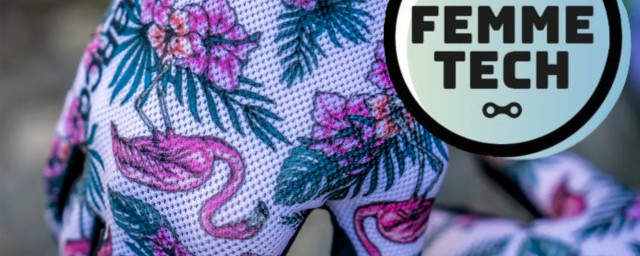
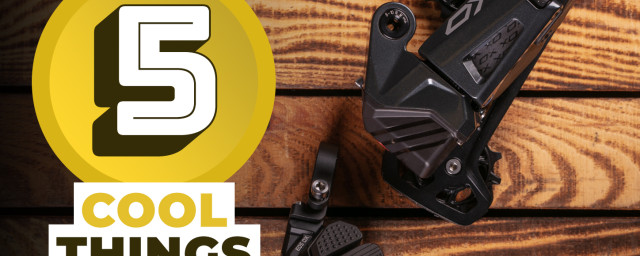
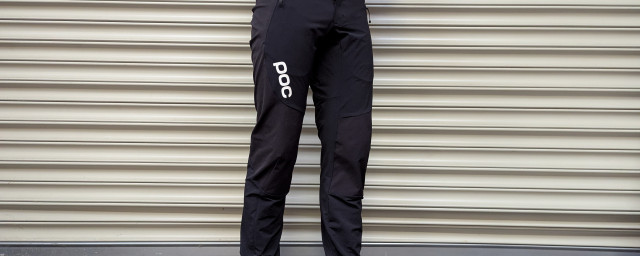
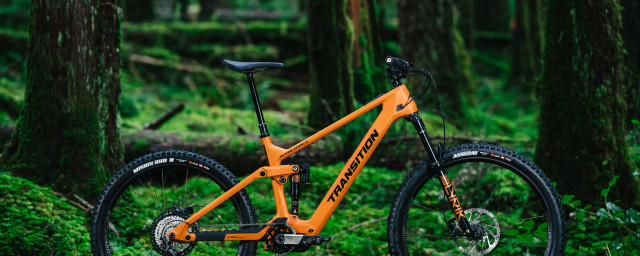


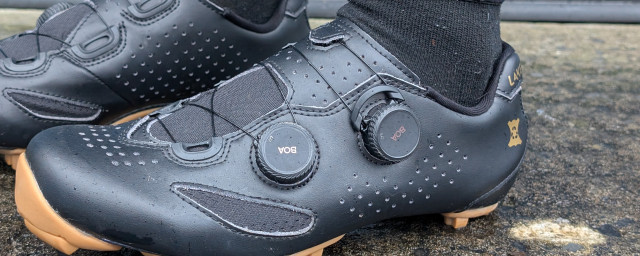
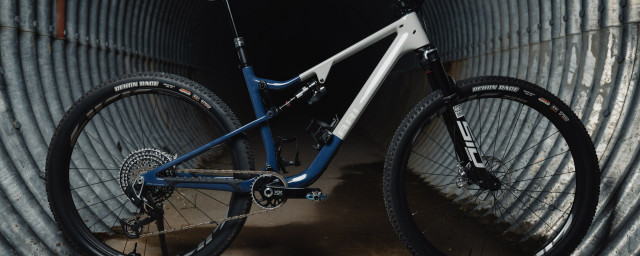
1 comments
Never owned one (mostly a roadie) but it's always sad to see a company like this go under. Was very tempted by their road bike, mainly because I like orange the colour #shallow, but they didn't have my size in stock at the time and I settled on a Fairlight instead.